|
In the past year, we’ve covered greenhouse gas emissions, climate policy, wildfires, air pollution and drinking water, biodiversity, conservation and deforestation, renewable energy, carbon capture, oil and gas pipelines, and just transitions. In all, we published 177 energy and environment articles by 253 authors.
Needless to say, 2020 was dominated by the coronavirus pandemic, and our authors highlighted the links between the virus, its impact on society and the environment. Terry Sunderland wrote about how the erosion of the forest frontier for food has increased our exposure to infectious diseases, and Livia O. Loureiro explained why bats don’t get sick from the viruses they carry, but humans can.
In the midst of lockdowns, we also launched our first international series on the global ocean, with editors across The Conversation network pulling in authors from around the world to explain the state of the world’s ocean. We kicked that off in early December with long-form profiles of the five ocean basins — the Arctic, Atlantic, Pacific, Indian and Southern. Despite being published at the tail end of the year, the article on the Arctic Ocean was one of our most read stories. The authors, based in four countries, explained how climate change, shipping and increased industrial activity are bringing more light and new species to the Arctic Ocean.
Our coverage of wildlife, conservation and the biodiversity crisis has always been popular, and this year was no different. Many people in both the U.S. and Canada continue to be concerned about the killer whales that live along the Pacific coast of North America. In their article, Stephen Raverty and Joseph K. Gaydos offer an in-depth analysis of how these killer whales are dying, information that can be used to develop evidence-based policies to improve their health and survival.
Other favourites were Eric Guiry’s story about the demise of the passenger pigeon a century ago, Oana Birceanu’s article on the ‘vampire fish’ that once gorged on trout in the Great Lakes, and Hanane Hadj-Moussa and Kenneth B. Storey’s article on jumbo squids, aka “devils of the deep.”
The year 2020 may be the hottest year on record — so far, it’s virtually tied with 2016 — and this year has been a long list of powerful hurricanes, intense wildfires, shrinking sea ice and relentless heatwaves. Despite COVID-19 lockdowns, young people continued to be a mighty force in drawing attention to the climate crisis. And governments have said they’ll do more to tackle carbon emissions by
transforming energy and transportation systems. The urgency of these environmental issues leaves me with some hope that 2021 will bring some solutions to tackling these challenges.
Have a happy new year, and see you again in 2021.
|
The Year in Environment+Energy
|
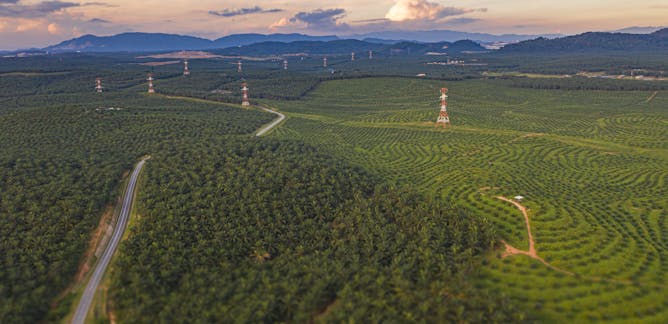
Terry Sunderland, University of British Columbia
Forests provide an essential buffer between people and wildlife — and the viruses they carry. Global agriculture is destroying forests, harming biodiversity and may be putting human life at risk.
| |
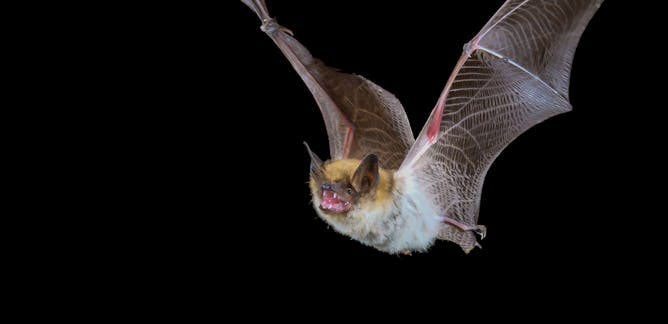
Livia O. Loureiro, University of Toronto
Bats get a lot of negative press, but they also make positive contributions to the environment and to our lives.
|
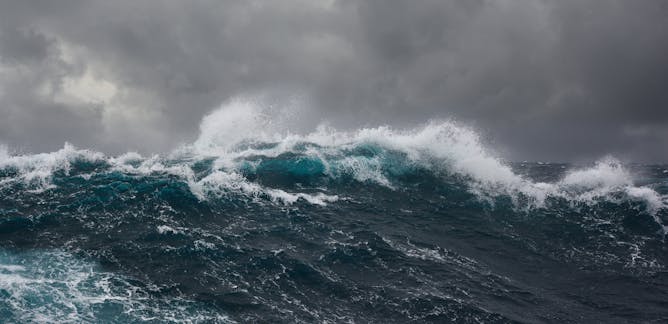
Wes Mountain, The Conversation
Oceans 21 is a Conversation international series examining the history and future of the world's ocean.
| |
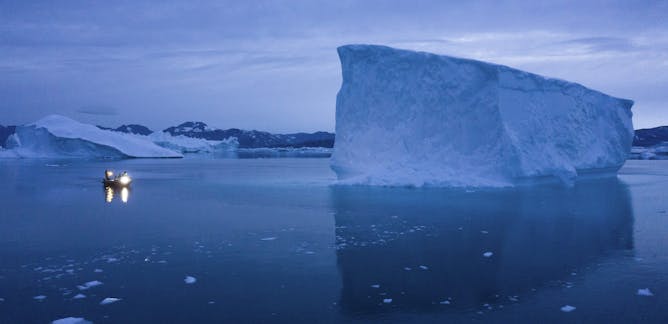
Jørgen Berge, University of Tromsø; Carlos Duarte, King Abdullah University of Science and Technology; Dorte Krause-Jensen, Aarhus University; Karen Filbee-Dexter, Université Laval; Kimberly Howland, Université du Québec à Rimouski (UQAR); Philippe Archambault, Université Laval
The Arctic has been a remote place for much of its history. But climate change is bringing global problems and opportunities to its door.
|
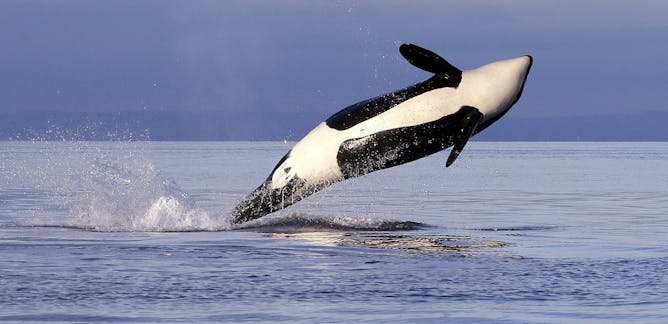
Stephen Raverty, University of British Columbia; Joseph K. Gaydos, University of California, Davis
Scientists had been uncertain about why killer whales are dying in the northeastern Pacific Ocean. A new study takes an in-depth look and provides the tools to help prevent additional deaths in the future.
| |
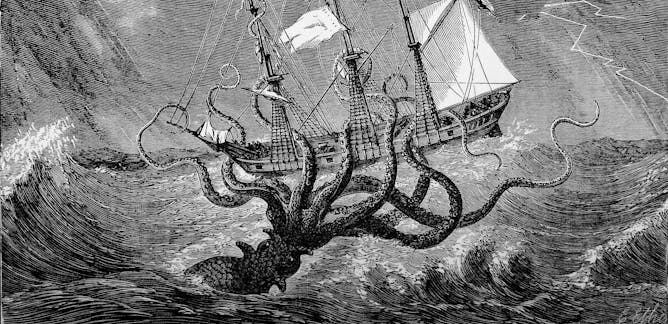
Hanane Hadj-Moussa, Carleton University; Kenneth B. Storey, Carleton University
Jumbo squids live in extreme environments. Tiny genetic modifications allow them to move back and forth from the surface of the ocean to its bottom, killing and eating everything in their path.
|
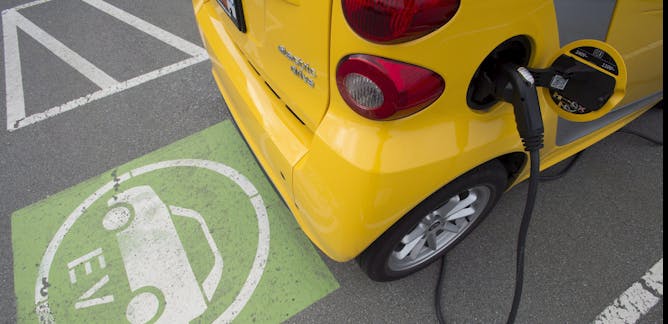
Kathryn Harrison, University of British Columbia
None of Canada's past climate targets or plans has been credible. But the math on the latest plan, which relies on a steadily increasing carbon price, could have Canada meet its 2030 goal.
| |
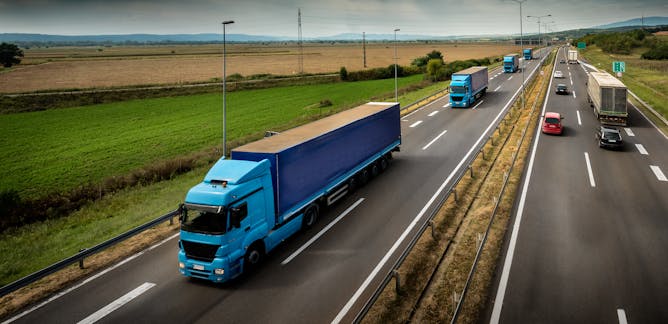
Cameron Roberts, Carleton University
Electric vehicles can have a positive impact on the climate and air pollution levels, but governments should rethink how they electrify the transportation network.
|
|
|